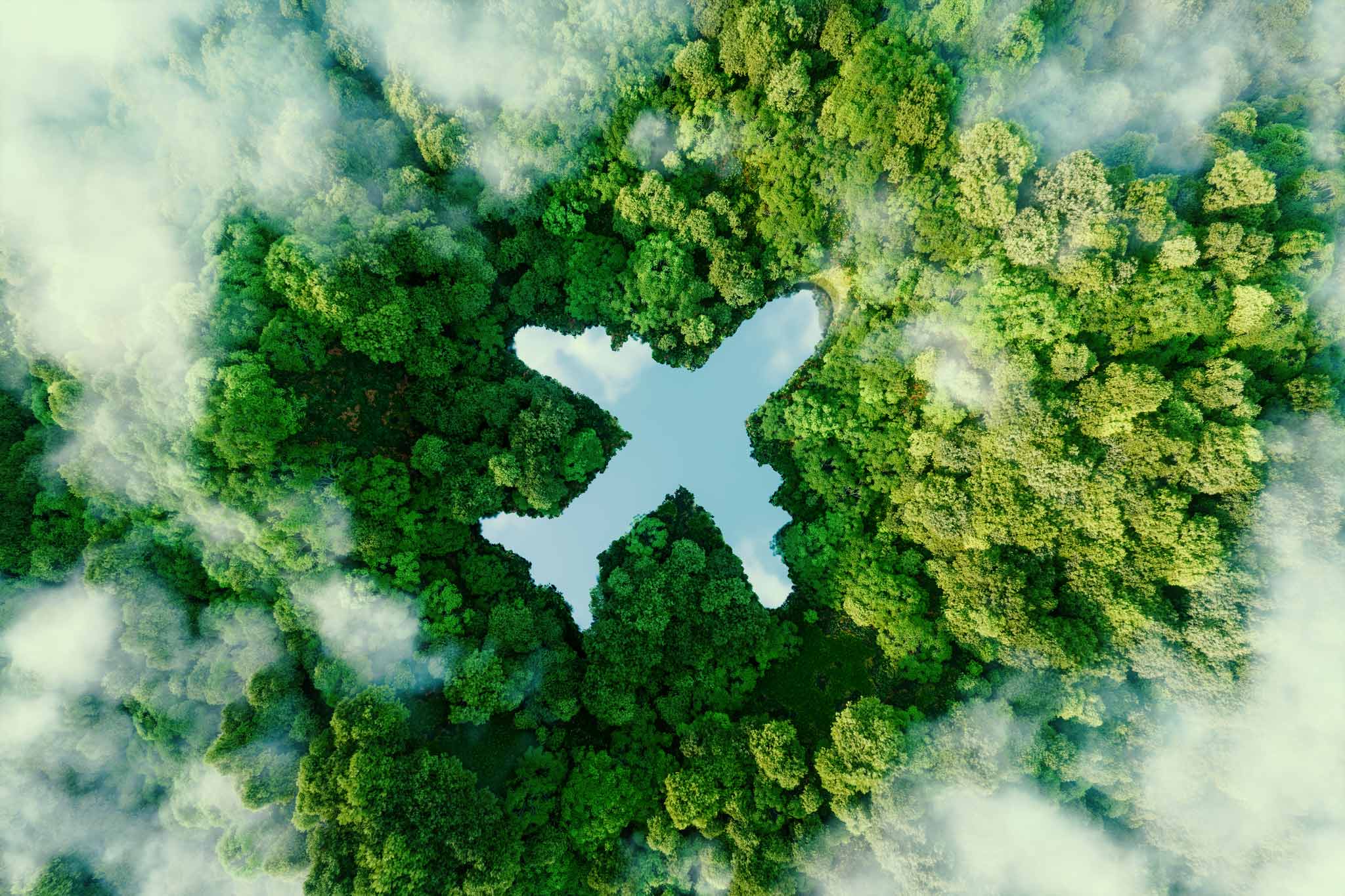New GBTA research brings together industry and external stakeholder insights to benchmark perceptions, priorities and actionable opportunities for more sustainable business travel.
Much of the global business travel industry has already made sustainable business travel a priority with a focus on reducing emissions and its environmental footprint. But the industry as well as external stakeholders, such as policymakers, recognise more needs to be done. These are just some of the insights from an extensive landmark research study released today, The State of Sustainability in the Global Business Travel Sector, from the Global Business Travel Association (GBTA), the world’s largest business travel association, and Grayling, a leading global public affairs and communications consultancy.
The report reveals that barriers to achieving more sustainable business travel include higher costs, limited data, and lack of access to transparent information. On the flip side, a change in industry culture, easier tracking of data, and harmonised standards are seen as key enablers. Partnerships will be critical for sustainability transition, as the issues over financial burden-sharing and data availability are best addressed through collaboration.
“There’s no longer the debate whether we should engage in sustainable actions for business travel, but how we turn ambition into action. Investing in sustainable solutions must be part of our game plan today to make sure we can still connect people and travel for business tomorrow,” said Delphine Millot, Senior Vice President, Sustainability, who joined GBTA in January this year to head up the association’s Sustainability Program. “This is only possible if our industry joins forces, across our full value chain and with external stakeholders, including governments, to adopt ambitious targets, drive green investments and accelerate the uptake of clean technologies.”
The 21-page GBTA benchmarking study provides in-depth data and commentary from both global business travel buyers and travel suppliers as well as policy makers, think tanks and NGOs (non-governmental organisations) to reveal top priorities and opportunities as the business travel industry accelerates its journey toward a more sustainable future.
Key takeaways from the study include:
- Almost 9 in 10 industry respondents (89 %) collectively say that sustainability is already a priority for their company.
- Regardless of region, travel buyer and supplier respondents say better protecting the planet is a priority: Asia Pacific (99 %), Europe (97 %), Latin America (91 %), North America (84 %).
- Only 14 % say that the industry is currently well advanced on sustainability, but improvements are being made as 76 % of travel buyers have already incorporated or are planning to incorporate sustainability objectives in their travel policies.
- 80 % of the global business travel industry report having a sustainability team and/or a sustainability program in place and are already measuring (55 %) and reporting (56 %) on environmental impact of their business travel activities.
- 88 % of the global business travel sector views addressing climate change as the number one priority area for action.
- 88 % of the industry sector ranks reducing business travel emissions as the top priority for the next two to three years.
- For industry professionals, among the biggest barriers to more sustainable business travel management practices are higher costs (82 %) and lack of transparent information and data (63 %). The key enablers include fostering change in industry culture (63 %) and improved access to sustainability data (63 %).
- Industry respondents say the most impactful actions for sustainable business travel programs are prioritising energy efficient accommodations (81 %), suppliers with sustainability certification (78 %), and flights with sustainable aviation fuel (SAF) (73 %).
- When it comes to sustainable travel policies, the main divergence between travel buyers and suppliers (as well as among regions) relates to multimodality and the frequency of travel. Seven in ten buyers (73 %) support encouraging or mandating taking fewer trips, while 60 % of suppliers do not encourage this blanket reduction in travel. Regionally, Europeans are much more likely to support that less travel be encouraged or even mandated and six times more likely than North Americans to support mandating multimodal travel options.
- External stakeholders view higher costs (58 %) as the top barrier to the sector’s sustainability and almost two-thirds (62 %) rank lack of interest from some industry stakeholders. Interestingly, longer travel times are more likely seen as a barrier by those outside the industry (41 %) than by industry respondents (32 %). And a vast majority (96 %) of external respondents see prioritising routes with the smallest CO₂ footprint as a big opportunity for impact.
- 90 % of travel buyers and 88 % of travel suppliers say GBTA should play a role in guiding the industry in a shared sustainability journey.
“Business travel brings people together and fosters economic growth. However, the industry must ensure people can effectively connect in-person and conduct business globally while doing what is right for society and the planet,” said Suzanne Neufang, CEO, GBTA. “To do so, the industry needs information, tools, and partnerships to leverage current momentum and execute even more actionable outcomes. GBTA’s mission is to help guide the sustainability journey with the business travel industry, and this report is just one part of that roadmap in how we’ll get there together.”
Methodology
From January to March 2022, GBTA surveyed 762 global business travel industry professionals from four regions – Europe, North America, Latin America, and Asia-Pacific – for their views on how to best incorporate sustainability into business travel programs.
GBTA also surveyed 100 relevant external stakeholders worldwide including policymakers, think tanks, non-profit organisations, and international organisations to strengthen its understanding on the perceptions of the sector from the outside.
For further information download the full GBTA research report: The State of Sustainability in the Global Business Travel Sector. The report and the GBTA Sustainability Program are supported by the association’s Founding Partners in Sustainability.
About the Global Business Travel Association
The Global Business Travel Association (GBTA) is the world’s largest business travel and meetings trade organisation headquartered in the Washington, D.C. area with operations across four continents. GBTA’s members manage more than $345 billion of global business travel and meetings expenditures annually. GBTA delivers world-class education, events, research, advocacy and media to a growing global network of more than 28,000 travel professionals and 125,000 active contacts. Learn how business travel drives lasting business growth.



